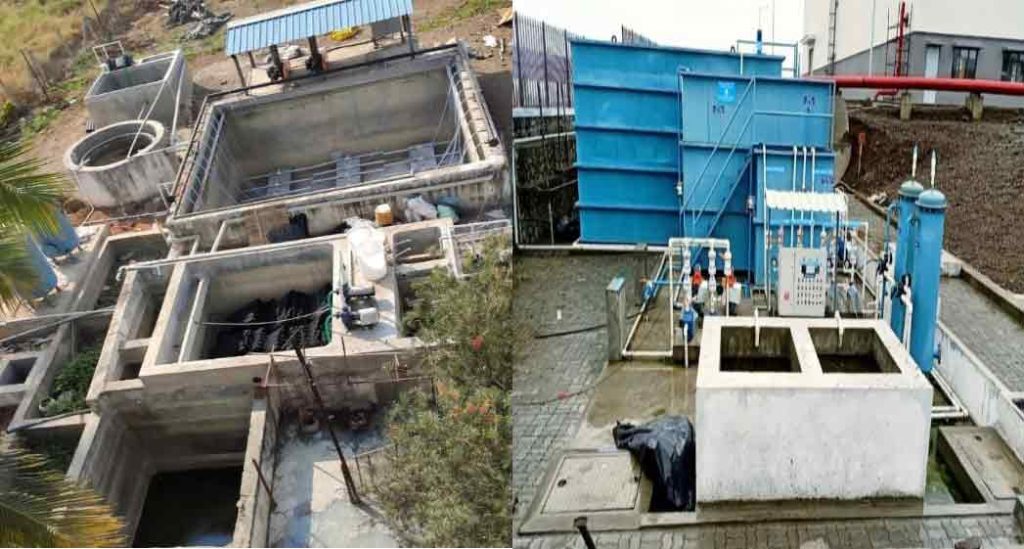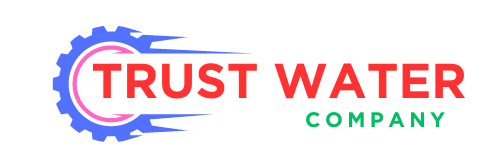The Best ETP Plant Supplier in Bangladesh in 2024
In the ever-evolving landscape of industrialization and economic growth, Bangladesh has witnessed a remarkable surge in manufacturing activities. However, this rapid development has led to an alarming increase in water pollution and environmental degradation. As the nation strives to maintain a delicate balance between progress and preservation, one company has emerged as a beacon of hope – Trust Water Company, the premier ETP (Effluent Treatment Plant) supplier in Bangladesh.
With a profound understanding of the challenges faced by industries in managing industrial wastewater and adhering to environmental compliance standards, Trust Water Company has established itself as a pioneer in the realm of effluent treatment plants. Their cutting-edge solutions not only address the immediate need for water pollution control but also pave the way for long-term environmental sustainability.
At the core of Trust Water Company’s philosophy lies a commitment to providing tailored solutions that cater to the diverse needs of industries across Bangladesh. Whether it’s a small-scale ETP plant for emerging businesses or a large-scale industrial ETP plant for multinational corporations, their team of experts meticulously designs and implements systems that optimize wastewater treatment technologies.

Delving Deep Inside Bangladesh’s ETPs
ETPs are specialized facilities designed to treat and sanitize wastewater, making it suitable for discharge into the environment or even reuse. They employ a multi-pronged approach, utilizing a combination of:
- Physical processes: Screening, filtration, and sedimentation to remove large particles and suspended solids.
- Chemical processes: Coagulation and flocculation to clump together and remove finer particles.
- Biological processes: Activated sludge treatment, which utilizes microorganisms to break down organic pollutants.
The specific ETP design and treatment processes employed depend on the type and volume of wastewater being treated. For instance, textile wastewater treatment often requires additional steps to remove dyes and other industry-specific contaminants, while garment industry wastewater treatment might focus on eliminating detergents and finishing chemicals.
Key Players in Bangladesh’s ETP Landscape
Bangladesh boasts a growing number of ETP manufacturers and service providers committed to delivering industrial water treatment solutions. Some of the leading players include:
- Dhaka ETP: Based in the capital city, Dhaka ETP specializes in designing, building, and operating ETPs for various industries.
- Chittagong ETP: Situated in the port city of Chittagong, this company caters to the specific needs of industries in the region.
- ABM Water Company Ltd: A leading provider of water treatment plants in Bangladesh, including ETPs for industrial applications.
- Trust Water Company: Offering expertise in both sewage treatment plants and ETPs, this company caters to a diverse clientele.
These companies, along with many others, are at the forefront of wastewater management in Bangladesh, contributing significantly to environmental protection and sustainable development.
The Rise of Environmentally Friendly Technologies
The quest for cleaner water is driving innovation in the ETP sector. Here are some of the cutting-edge technologies gaining traction in Bangladesh:
- Membrane bioreactors (MBRs): Combining activated sludge with membrane filtration, MBRs achieve superior effluent quality, making them suitable for sensitive receiving environments.
- Constructed wetlands: Nature’s answer to wastewater treatment, these systems utilize plants and microbes to naturally purify water. They offer a sustainable and cost-effective option for smaller capacities.
- Zero liquid discharge (ZLD): This advanced technology aims to eliminate all liquid waste by treating it to a point where it can be reused or safely disposed of. While expensive, ZLD is gaining traction in industries with stringent environmental regulations.
Challenges and Opportunities in ETP Implementation
Despite the advancements, implementing ETPs in Bangladesh comes with its own set of challenges:
- Cost: Installing and operating ETPs can be financially demanding for industries, particularly small and medium-sized enterprises.
- Technical expertise: Operating an ETP effectively requires skilled personnel with a deep understanding of the treatment processes and equipment.
- Land availability: Setting up ETPs, especially for larger capacities, requires adequate land, which can be a constraint in densely populated areas.
However, these challenges are not insurmountable. The Bangladesh government is actively promoting ETP adoption through:
- Financial incentives: Offering subsidies and tax breaks to encourage industries to invest in ETPs.
- Regulatory framework: Setting up stricter environmental regulations and enforcing existing ones to ensure compliance.
- Capacity building: Providing training programs to equip personnel with the necessary skills to operate and maintain ETPs effectively.
By overcoming these challenges and leveraging the available opportunities, Bangladesh can pave the way for a future where clean water is not a privilege but a right, and industries operate in harmony with the environment.
A Sustainable Future for Bangladesh’s Water Resources
The journey towards clean water in Bangladesh is a collective effort. Businesses, government agencies, and individuals all have a role to play. By embracing sustainable water management practices, investing in advanced ETP technologies, and fostering environmental awareness, Bangladesh can secure a brighter future for its water resources and its people.
FAQ
Why are ETPs crucial in Bangladesh?
Untreated industrial wastewater pollutes rivers and harms public health. ETPs act as guardians by treating this wastewater before it enters the environment, safeguarding both water resources and human well-being.
What are the different types of ETPs available?
ETP designs vary based on the type and volume of wastewater they treat. Common methods include using physical processes like filtration, chemical processes like coagulation, and biological processes like activated sludge treatment.
What are some challenges faced in implementing ETPs in Bangladesh?
Cost, technical expertise, and land availability are major concerns. However, government incentives and capacity-building programs are helping overcome these challenges and promote wider ETP adoption.
